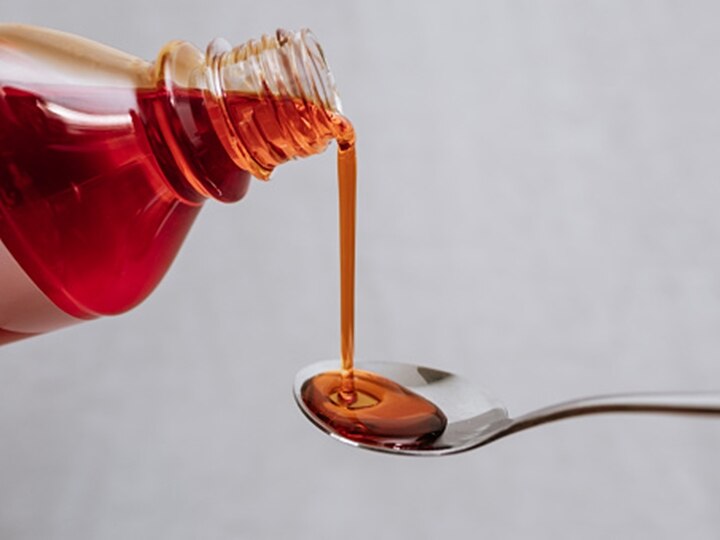A day after the WHO issued an alert over four cough syrups made by a firm in India, Gambia launched a door-to-door campaign to remove the drugs on Thursday, AP reported. The cough and cold syrups, manufactured by Sonipat-based Maiden Pharmaceuticals Limited, have been blamed for the deaths of more than 60 children from kidney injury in Gambia.
The Maiden products for which WHO has issued an alert are Promethazine Oral Solution, Kofexmalin Baby Cough Syrup, Makoff Baby Cough Syrup and Magrip N Cold Syrup.
Gambia's Health Ministry along with the Gambia Red Cross Society has dispatched hundreds of young people to collect the suspected syrups through a house-to-house campaign.
Gambia's Medical Research Council has also issued an alarm, AP reported.
READ | Samples Of Cough Syrups Made By Sonipat Firm Sent For Testing: Haryana Health Minister Anil Vij
"Over the last week, we admitted a child with this condition (acute kidney injury) ... and she has unfortunately died. We were able to confirm that she had taken one of the drugs that is suspected to be causing this, prior to her arrival at our clinic. It had been bought at a pharmacy within The Gambia," the council said in a statement.
"The drug has been identified as containing a significant amount of a toxin which damages kidneys irreversibly," the statement further said.
In India, the Drugs Controller General of India (DCGI) has initiated a probe into the matter and sought further details from the WHO.
Haryana's Health Minister Anil Vij on Thursday said samples of the four cough syrups manufactured by the Sonipat firm were sent to the Central Drugs Laboratory for examination.
"The samples have been collected by a team of the DCGI and Haryana's Food and Drugs Administration Department and sent to the CDL, Kolkata for examination," Vij told PTI.
Vij said the cough syrups manufactured by the pharma company were approved for export. "It is not available for sale or marketing in the country," he further said.
WHO said while the "contaminated" cough syrups have so far only been detected in Gambia, they might have been distributed to other countries.
(With inputs from agencies)


